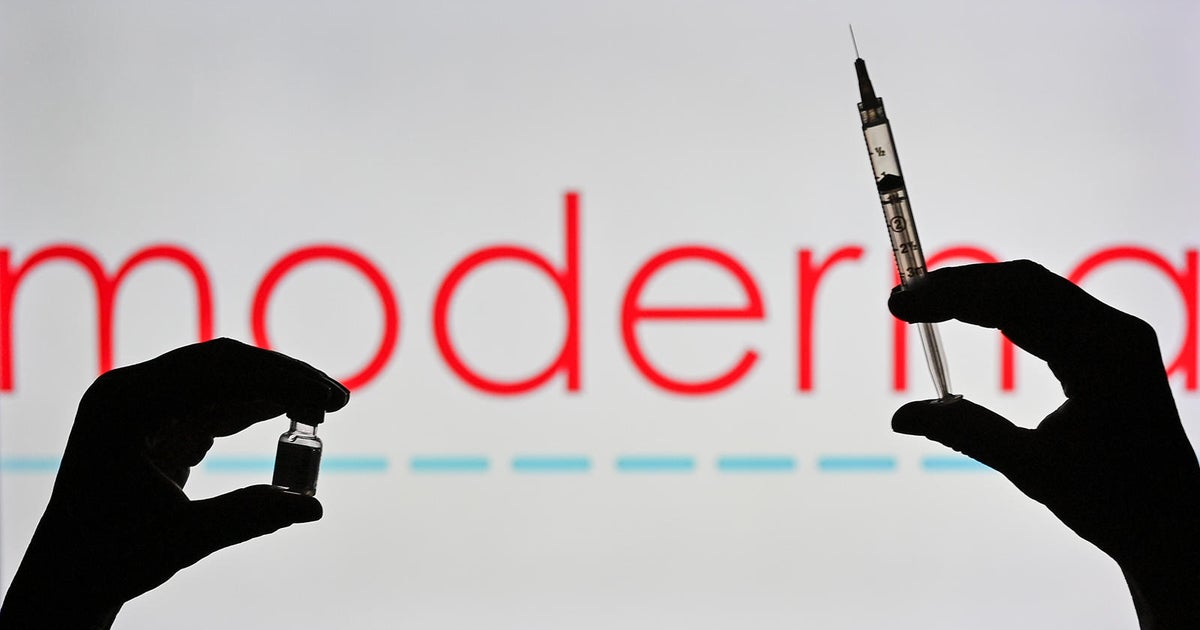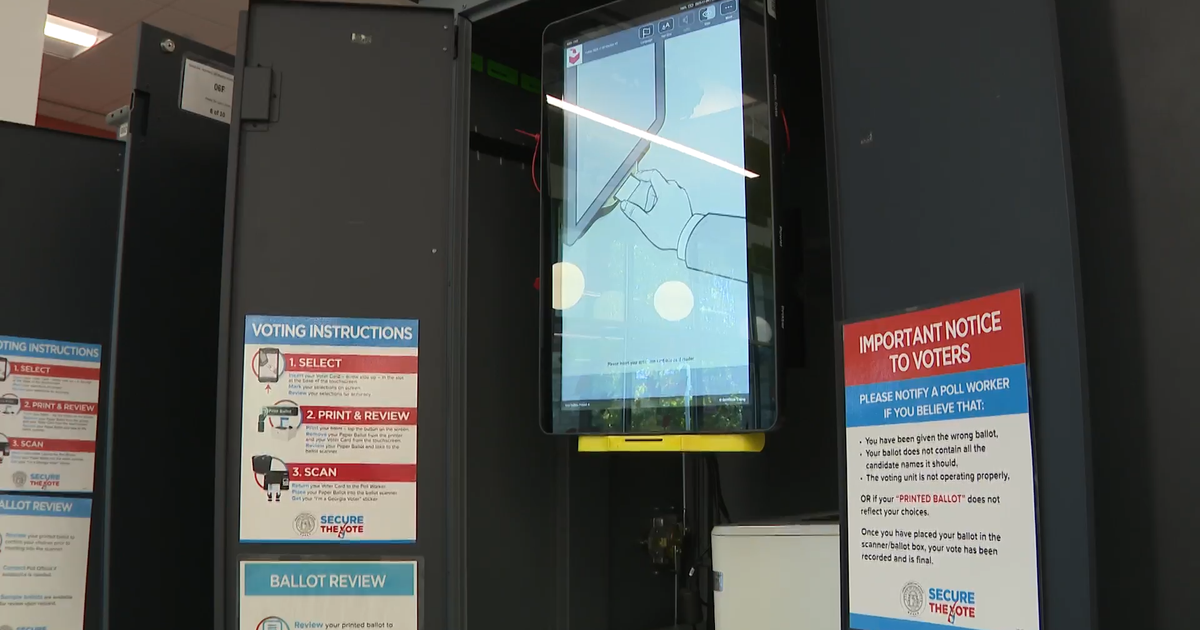Why many Americans still skip flu shots
More than half of American adults don’t get an annual flu shot, and black Americans are even less likely to do so because of concerns about side effects, researchers report.
Campaigns advocating annual free flu shots should not only focus on the dangers of the seasonal flu but also address fears about the vaccine by explaining how it works, the study authors advised.
“Most people have very limited understanding of the way vaccine recommendations are determined and how vaccines are made and distributed,” explained study author Vicki Freimuth, a professor of health and risk communication at the University of Georgia.
“Perhaps increasing knowledge about the process and its many contributing organizations may decrease perception of risk from the vaccine,” Freimuth added in a news release from the Society for Risk Analysis.
Only 41 percent of black adults in the United States get the seasonal flu shot, compared to 47 percent of white adults, according to the U.S. Centers for Disease Control and Prevention.
The researchers explored differences in flu vaccination rates among American adults, analyzing survey responses from 800 white people and an equal number of black people. The surveys were completed after flu season had peaked.
Those who chose not to get vaccinated against the seasonal flu believed the side effects associated with the shot were worse than the virus itself, the study revealed.
Some white people opted against a flu shot because they didn’t think the flu was a “big deal.” On the other hand, many black people were concerned about the vaccine’s safety, the researchers found.
Despite differences, there were some similarities among people in certain demographics. White and black women and older people, for instance, were more likely to believe getting the flu virus was more risky than getting a flu shot. More education was also associated with fewer fears about the vaccine regardless of race, the study showed.
The findings were published recently in the journal Risk Analysis.
“One implication for flu vaccine campaigns is very clear. Messages must address both kinds of risk, disease and vaccine,” said Freimuth. “Since flu vaccination is routine and may not stimulate the kind of emotional reactions that an emergency does, the public may be more concerned about vaccine risk than disease risk.”



